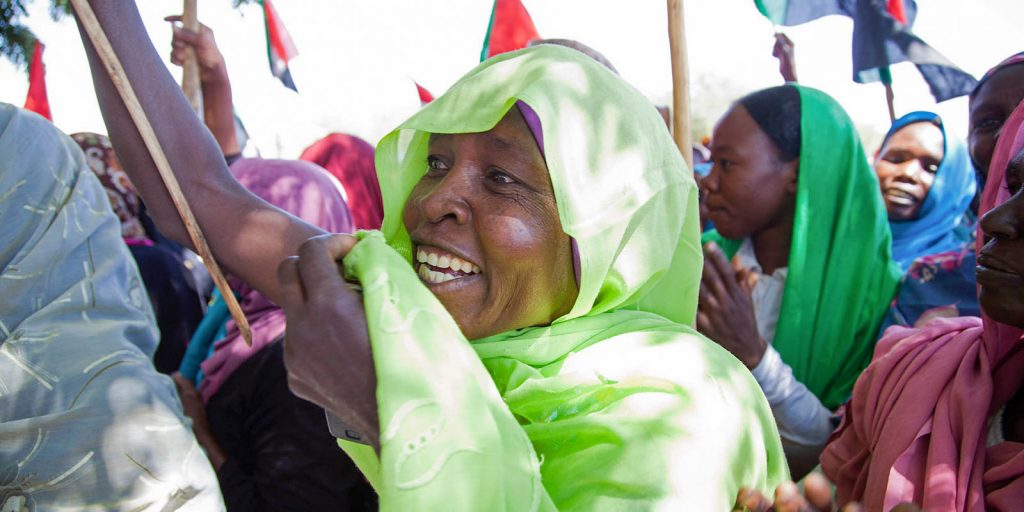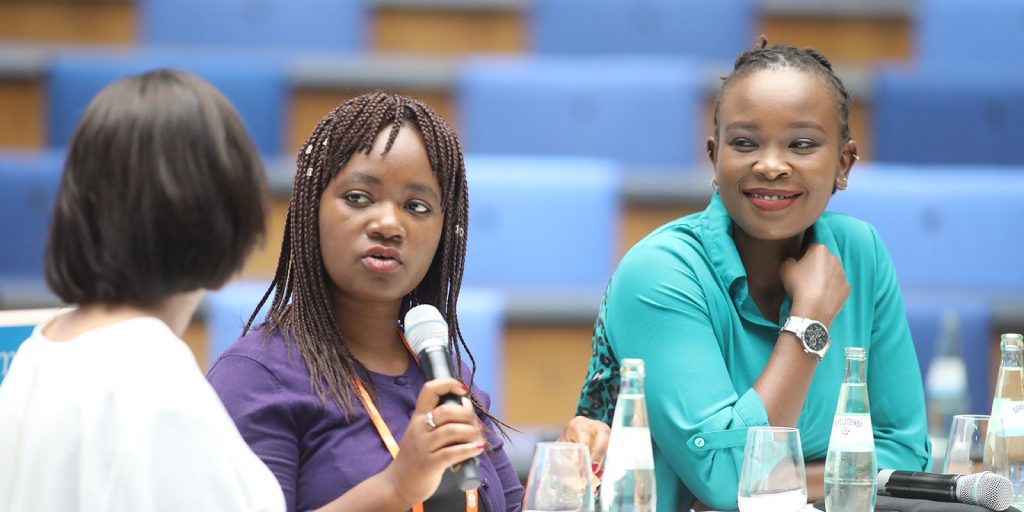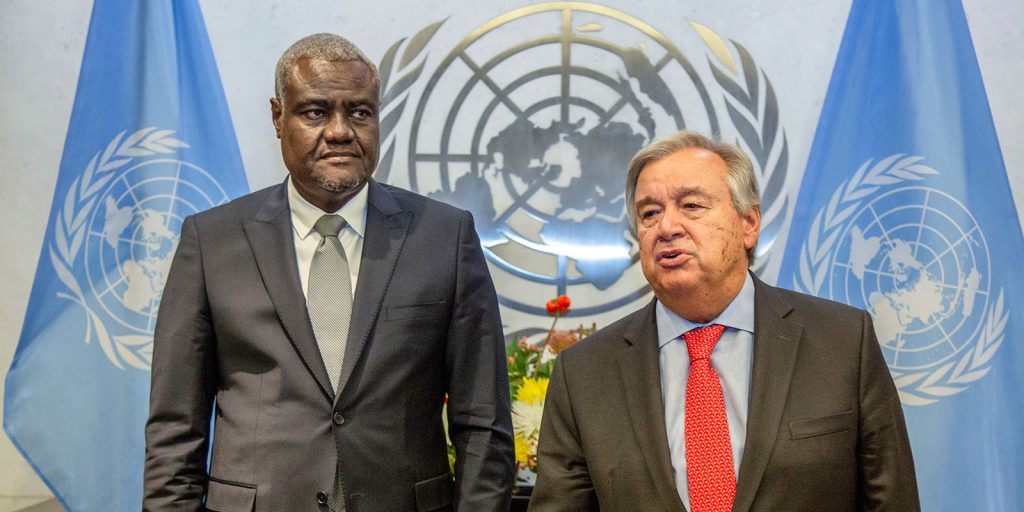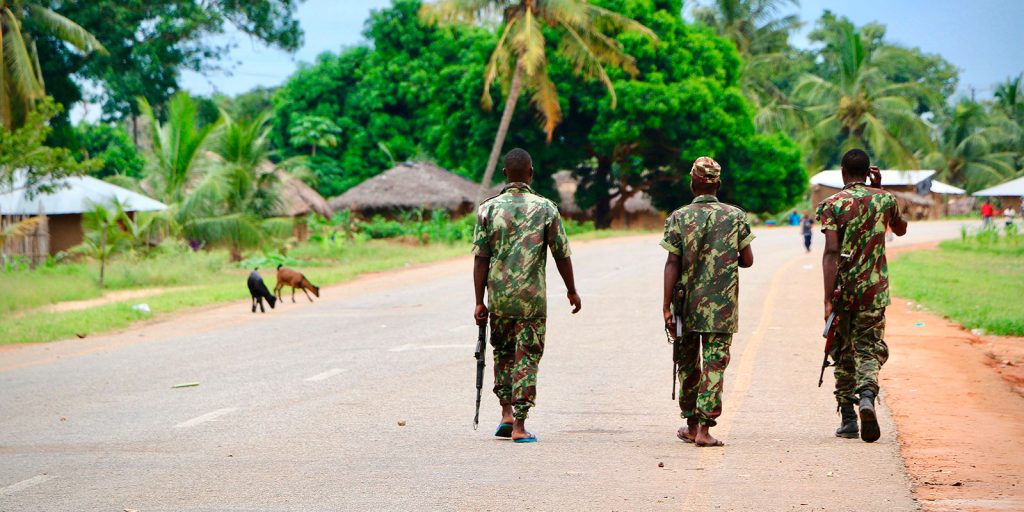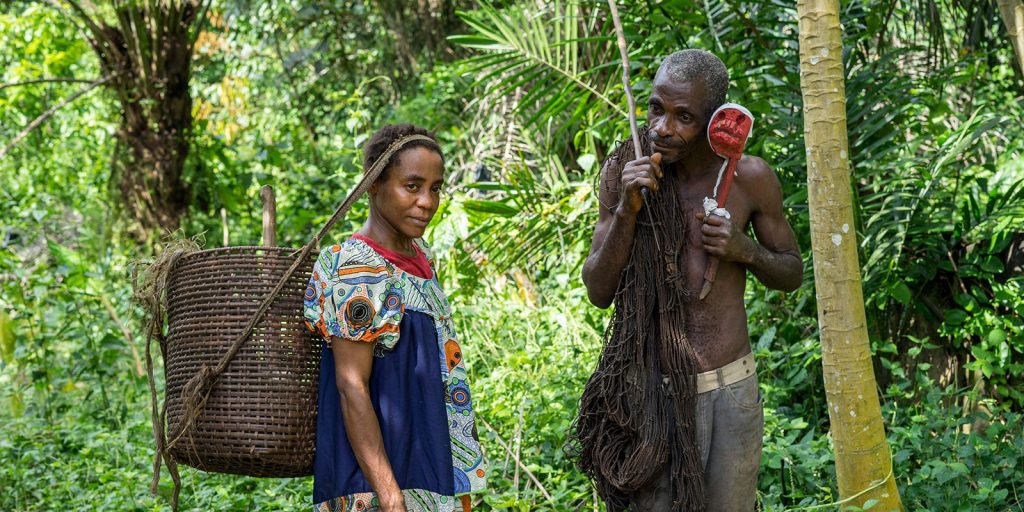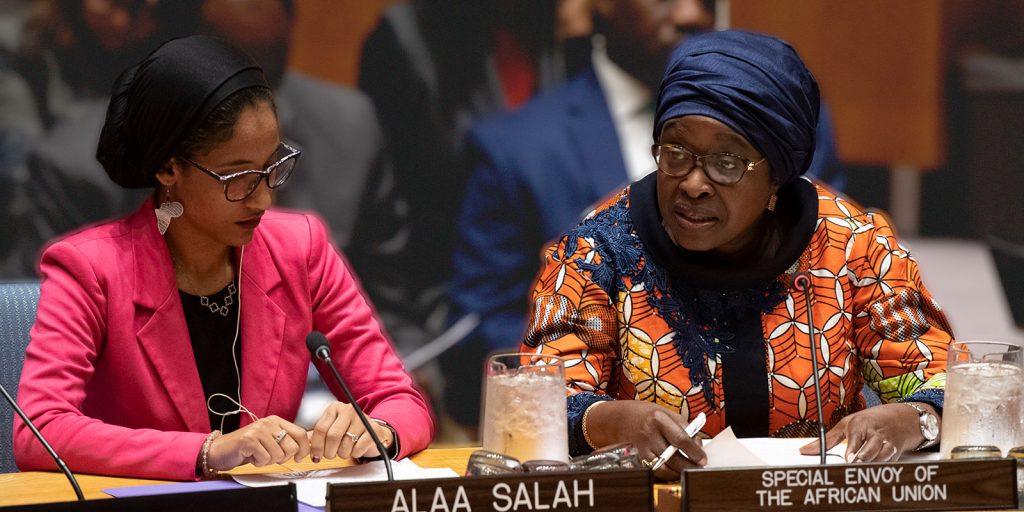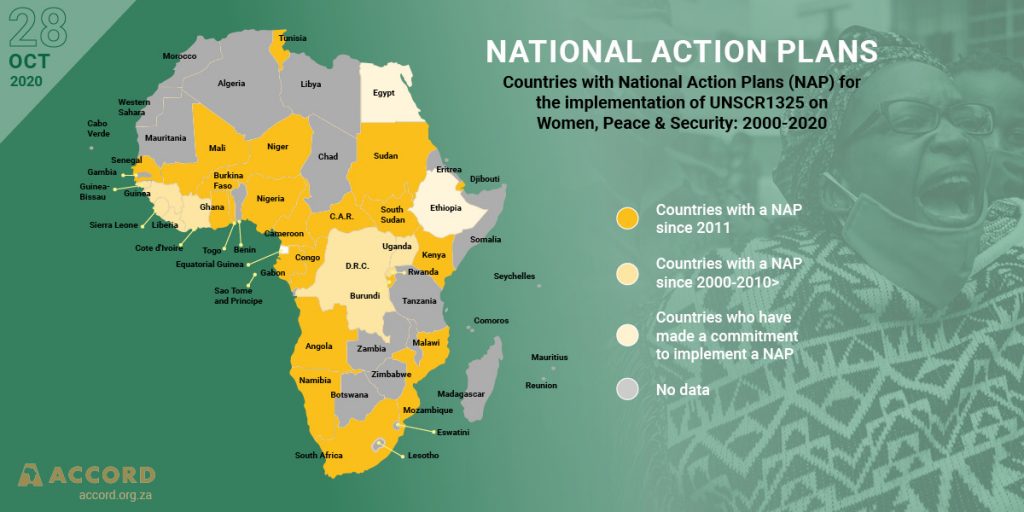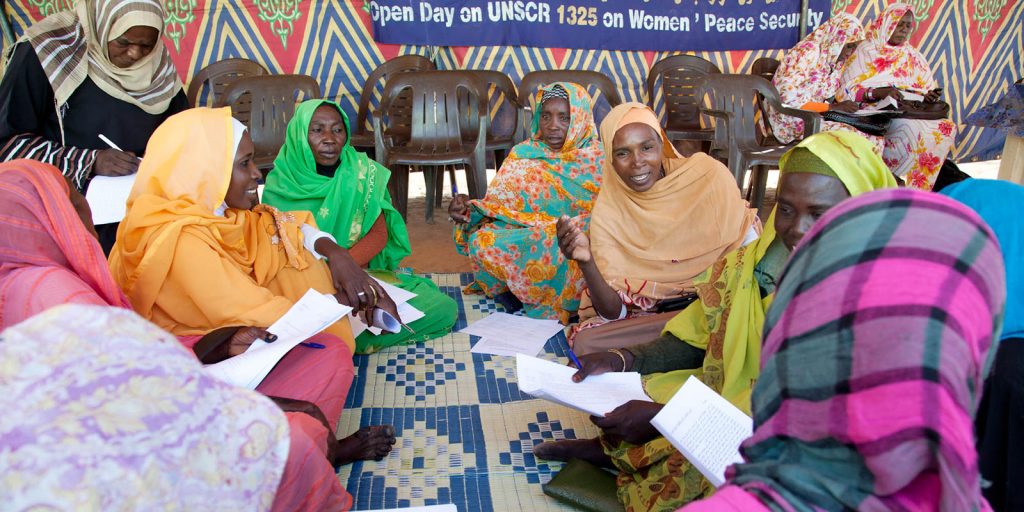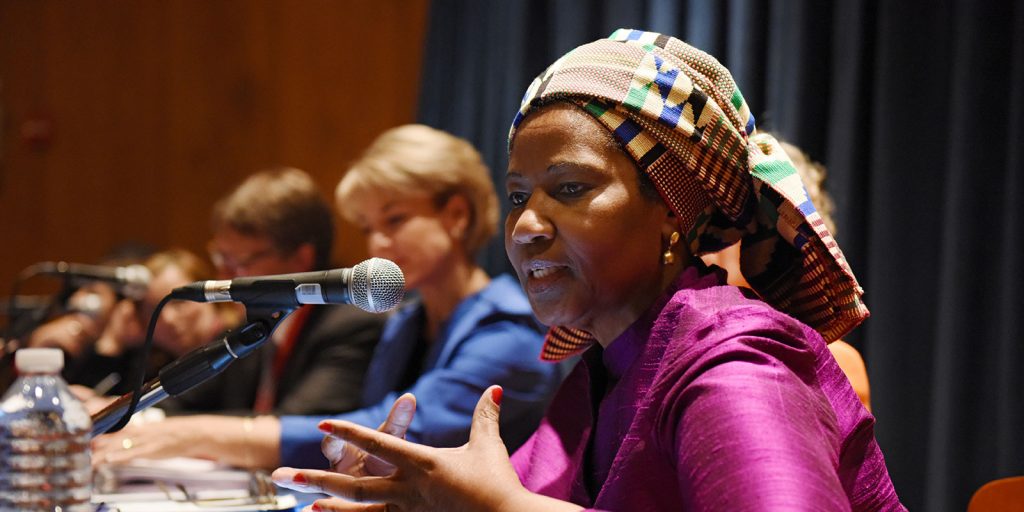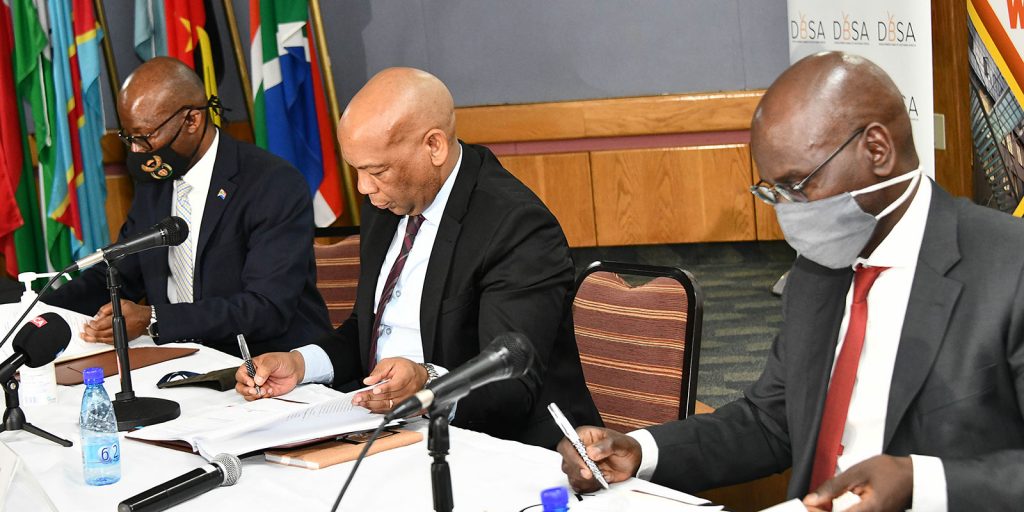
Lessons from COVID-19 for effective governance and sustainable peace in Africa
COVID-19 has been quite a challenge to the world. It has made us question so many of the things we took for granted. It has changed the outlook and stereotypes we had about the world and humanity. For example, nobody imagined that with the current developments in technology and medicine, a pandemic could bring the world to its knees like this one has. COVID-19 has also questioned the impression we in Africa had that pandemics kill so many of our people, because of our lack of resources in terms of knowledge and facilities. This pandemic has shown that the world realities are more complex than we thought we know and we have mastered.

